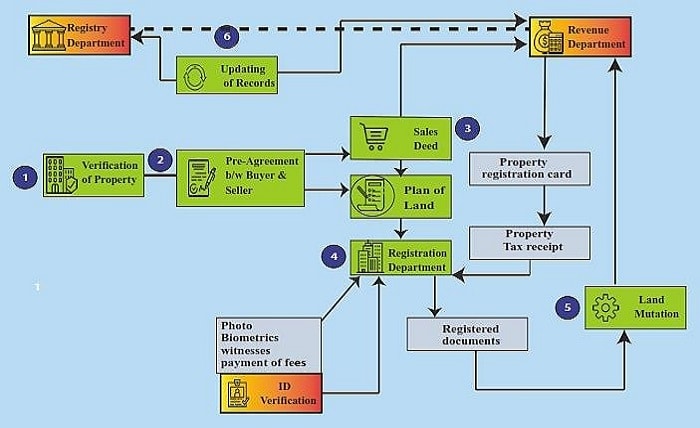What is the Court Registry Investment System and How Does It Work?

The Court Registry Investment System (CRIS) is a cash management tool that allows federal courts to deposit, invest, and disburse funds in their registry. CRIS is administered by the Administrative Office of the United States Courts (AO) under 28 U.S.C. § 2045. CRIS provides the courts with an easy, efficient, and safe way to comply with federal requirements concerning the handling of court registry funds.
CRIS Objectives
CRIS has four objectives (listed in order of priority):
- Safety of Principal: The overriding objective of registry cash management is to provide for the maximum protection of principal. CRIS invests funds in short-term Treasury securities, which are backed by the full faith and credit of the United States government and do not require collateral.
- Sufficient Liquidity: Adequate funds must be available to comply with all court ordered disbursements without endangering principal by surrendering securities before maturity. CRIS structures the portfolio so that sufficient securities mature each week to pay out funds for all registry cases settled during the week.
- Reduced Administrative Costs: In CRIS, the registry funds are pooled together with those on deposit with Treasury to the credit of other courts in the CRIS and used to purchase Government Account Series (GAS) securities through the Bureau of Public Debt. The pooling allows the CRIS Fund Manager to make significantly fewer, but larger transactions than would otherwise be possible. This keeps transaction costs to a minimum.
- Market Rate Earnings: The total pool of registry funds earns market rates of return. CRIS follows the principles of the CRIS Investment Policy as approved by the Registry Monitoring Group, which is composed of representatives from the AO, the Federal Reserve Bank of New York, and the Treasury.
CRIS Operation
CRIS operates as follows:
- Receipt of Funds: No money shall be sent to the court or its officers for deposit in the court’s registry without a court order signed by the presiding judge in the case or proceeding. The party making the deposit or transferring funds to the court’s registry shall serve the order permitting the deposit or transfer on the Clerk of Court. All monies ordered to be paid to the court or received by its officers in any case pending or adjudicated shall be deposited with the Treasurer of the United States in the name and to the credit of this court pursuant to 28 U.S.C. § 2041 through depositories designated by the Treasury to accept such deposit on its behalf.
- Investment of Funds: Where, by order of the court, funds on deposit with the court are to be placed in some form of interest-bearing account, or invested in a court-approved, interest-bearing instrument in accordance with Rule 67 of the Federal Rules of Civil Procedure, CRIS is the only investment mechanism authorized. Interpleader funds deposited under 28 U.S.C. § 1335 meet the IRS definition of “Disputed Ownership Fund” (DOF), a taxable entity that requires tax administration. Unless otherwise ordered by the court, interpleader funds shall be deposited by the DOF established within the CRIS and administered by the AO, which shall be responsible for meeting all DOF tax administration requirements. The Director of AO is designated as custodian for CRIS. The Director or the Director’s designee shall perform the duties of custodian. Funds held in CRIS remain subject to the control and jurisdiction of the court.
- Disbursement of Funds: A court order is required to disburse funds from CRIS. If the disbursement includes interest earned while on deposit, IRS Form W-9 is required for each payee. Money is withdrawn from CRIS once weekly on Wednesdays.
Conclusion
CRIS is a valuable tool for federal courts to manage their registry funds in a safe, efficient, and profitable manner. CRIS ensures that funds are invested in secure Treasury securities, that liquidity is maintained for timely disbursements, that administrative costs are reduced by pooling funds and transactions, and that market rate earnings are achieved for each case. CRIS also handles tax administration for interpleader funds that qualify as DOFs. By using CRIS, federal courts can comply with federal requirements and provide optimal service to litigants and stakeholders.



